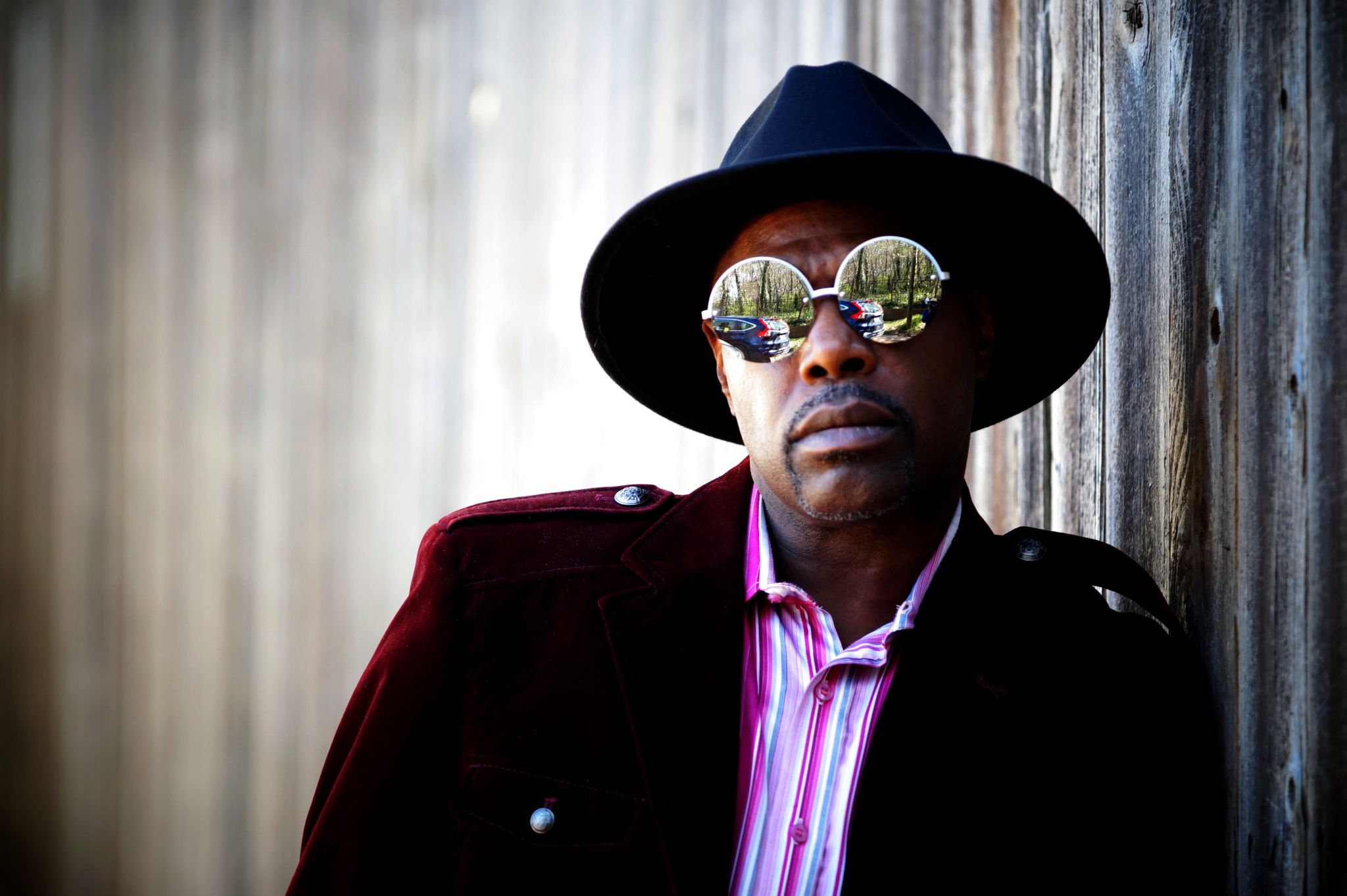“Mr. Soul: Ellis Haizlip”
Guest Writer: Bishop Hartsel Clifton Shirley
Trailblazer is the appropriate word to describe Ellis Haizlip, born on September 21, 1929, in Washington D.C. Details of his childhood are few and may consist of part fantasy, but it has been written that his father had once been an ambassador to Trinidad or a dignitary to the Court of St. James, Antigua. Other accounts state that he spent his childhood years in London. However, he told numerous friends that he was raised in the District of Columbia ghettos.
What is known for sure, and what may have informed and fueled his passion for telling the truth about the Black experience, is that he attended Howard University. There, Haizlip majored in economics and sociology while producing the Howard Players, a student-based theater organization that was created to tell diverse stories. Producing these plays was the beginning of Ellis Haizlip as a producer.
After graduating from Howard in 1954, the talent moved to New York. This provided him with meaningful opportunities to produce plays with performances by Vinnette Carroll, Cicely Tyson, Calvin Lockhart, James Earl Jones, and the Alvin Ailey Dance Company. He became so acclaimed that he produced plays written by James Baldwin and Langston Hughes and others in Europe and the Middle East–not to mention a concert tour by Marlene Dietrich!
The most productive and exciting time of Haizlip’s life may well have been when in 1968, as the first Black producer at TV station WNDT (now WNET), he was asked by Christopher Lukas (the white male director of cultural programming) to create an arts program for Black audiences. The broadcaster and television producer conceived a variety-show format like The Ed Sullivan Show to demonstrate the scope and diversity of Black culture. That concept became SOUL!
The program would not only entertain Black viewers but challenge them to consider the worth of Black culture and society at a time when Blacks were shaping the American public revolution.
Financing for SOUL! Came from civic and undisclosed funds, plus a start-up award from the Ford Foundation. Haizlip gathered an artistic team of camera operators, set designers, and producers, with most of them being African American. The broadcaster and television producer never forgot the intense prejudice he had suffered while producing in New York theater and television. Alice Hille, SOUL!’s first associate producer, was Haizlip’s close colleague; and, through her ties to Harlem’s Apollo Theater, his connection to the rhythm-and-blues circle.

SOUL! exhibited the imprint of Haizlip’s creative direction, immaculate taste, and expertise as what we now call an “influencer.” Individuals such as Roberta Flack, Ashford & Simpson, Al Green, Louis Farrakhan, Bill Withers, The Delfonics, Muhammad Ali, Stokely Carmichael, and McCoy Tyner appeared on the program (minus teleprompters). The atmosphere of the show was electrified by its live format. Live action and reactions from the audience along with Haizlip’s modest personality brought the viewers powerful conversations, while the host never dominated the discussion.
SOUL! quickly amassed a following in New York, but just as funding was running out, it was picked up by the Corporation for Public Broadcasting. It ran for five years, giving the viewing and live audiences Haizlip’s vision: “for the audience to appear in relationship to a performance that [they are] enjoying as opposed to a performance that is being presented for [them].” In this way, a viewer might ‘catch the flavor’ of people interreacting. Some sort of exchange was going on.”
Though the show was unique, a huge success, and made an undeniable impact, it was a battle to keep it on the air. Haizlip was pressured to tone down the “blackness” of the show and was encouraged to have more whites on. Couple this with the presidential changing of the guard from Lyndon Johnson to Richard Nixon, and SOUL! was in trouble. Fortunately, a 3.5 million grant provided by the Ford Foundation helped sustain the program. As well, a campaign garnered over 100,000 letters–some from white viewers.
Haizlip did not mince words in his public service announcements. He expressed to the Washington Post, “The cancellation of SOUL! is part of a policy to destroy all Black programming on the network.” He told Jet magazine, “The Corporation for Public Broadcasting … preferred a sociological production rather than a cultural one, which is no reason for canceling SOUL!”
The last episode of SOUL! aired March 7, 1973, ending another era where an unapologetically SGL (same-gender-loving) Black man was at the forefront and was the razor’s edge for cultural and socioeconomic issues in America. Haizlip left the station after the program ended but returned five years later with a new entry titled Watch Your Mouth.
This new show starred Joe Morton as an imaginative language arts teacher with students of various ethnic/cultural backgrounds. Unfortunately, just 10 of the 28 shows were shown before it was pulled, airing only in the New York area. Ron Devillier, PBS director of programming administration during the time, stated that the program was “important and that we should run something.”
Haizlip would not live long after Watch Your Mouth ended: in the 1980s, he was diagnosed with lung cancer and later with a brain tumor. The trailblazer passed away on January 25, 1991.
Ellis Haizlip is proof that one person can be the spearhead of a revolution, and that an SGL (same-gender-loving) man is no exception. He’s proof that…

Bishop Hartsel Clifton Shirley is an author, writer, singer/songwriter, and bishop from Waterloo, Iowa. He received his master’s degree in business from the International Business Management Institute in Berlin, Germany.
Currently residing in Atlanta, Mr. Shirley is a National and International Social Action bishop, part of New Direction Overcomers’ International Fellowship (based in Richmond, Virginia).
A multi-faceted talent, Hartsel is a writer, author, and singer/songwriter. A bronze International Society of Poets prize winner, he has penned editorials for the Waterloo/Cedar Falls Courier. His best-selling novel is Three Words, Four Letters, published by Ishai Books. Additionally, Hartsel has charted at #1 several times on the ReverbNation pop music charts.
Inspired by Langston Hughes, Bishop Shirley states, “I write what moves me. There is nothing I can’t write. I just have to care about it so I can write truthfully.”
Hartsel’s current book, The Night Eddie Sallis Died, is based on factual information he uncovered in 2002 about a 1966 jail cell “suicide” in Waterloo, Iowa (his place of birth). This revealing and riveting book pulls back the curtain on racism and police brutality. The author emphasizes, “These truths make Iowa a state not to be taken lightly–nor forget.”
Hartsel’s upcoming works include Three Words and Four Letters, the second and third installments of his first novel, and his third music project, Rebel With A Cause.
Email Bishop Shirley at hartselshirley@gmail.com



Leave A Comment